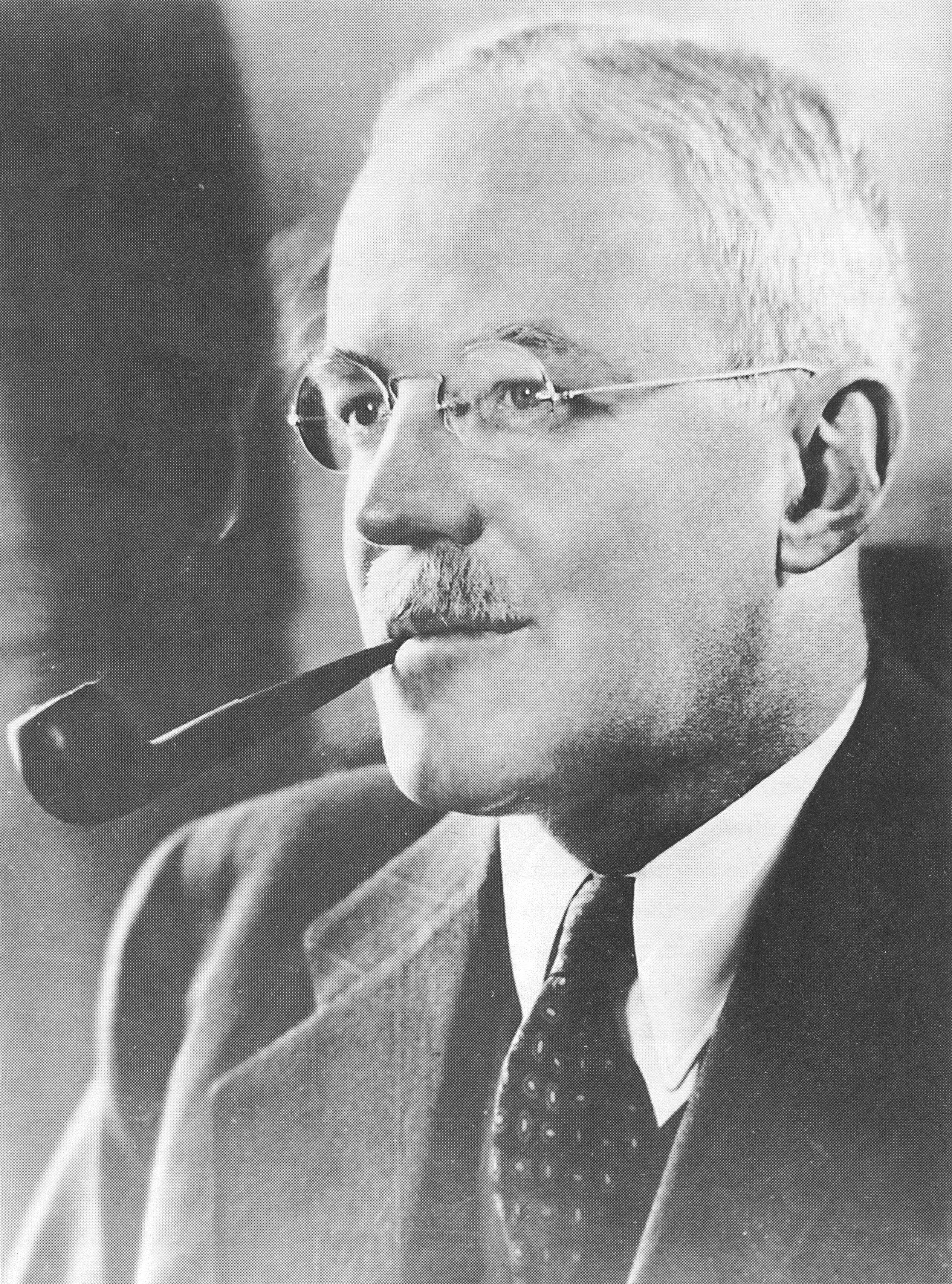Allen Welsh Dulles
| Allen Welsh Dulles | |
 | |
| In office February 26, 1953 – November 29, 1961 | |
| President | Dwight D. Eisenhower John F. Kennedy |
| Preceded by | GEN Walter Bedell Smith, USA |
| Succeeded by | John McCone |
| Born | April 7, 1893 Watertown, New York |
| Died | January 29, 1969 (aged 75) |
Contents[show] |
[edit] Early life and family
[edit] Background in intelligence
| This section does not cite any references or sources. Please help improve this article by adding citations to reliable sources. Unsourced material may be challenged and removed. (September 2009) |
[edit] Financial ties to Nazi Germany
[edit] CIA career
[edit] Coup against elected governments
[edit] Sabotage against Cuba: Operation 40
[edit] Later life
[edit] In the media
[edit] Bibliography
- Dulles, Allen (1993). Marshall Plan. Berg. ISBN 0-85496-350-2.
- Dulles, Allen (1996). From Hitler's Doorstep: the wartime intelligence reports of Alan Welsh Dulles. Pennsylvania State University Press. ISBN 0-271-01485-7.
- Dulles, Allen (2000). Germany's Underground. Da Capo Press. ISBN 0-306-80928-1.
- Dulles, Allen (2006.). The Craft of Intelligence: America's Legendary Spy Master on the Fundamentals of Intelligence Gathering for a Free World. The Lyons Press. ISBN 1-59228-297-0.
- Dulles, Allen (2006). The Secret Surrender: The Classic Insider's Account of the Secret Plot to Surrender Northern Italy During WWII. Lyons Press. ISBN 1-59228-368-3.
- Yeadon, Glen (2008). The Nazi Hydra in America. Progressive Press. pp. 700. ISBN 0-930852-43-5.
